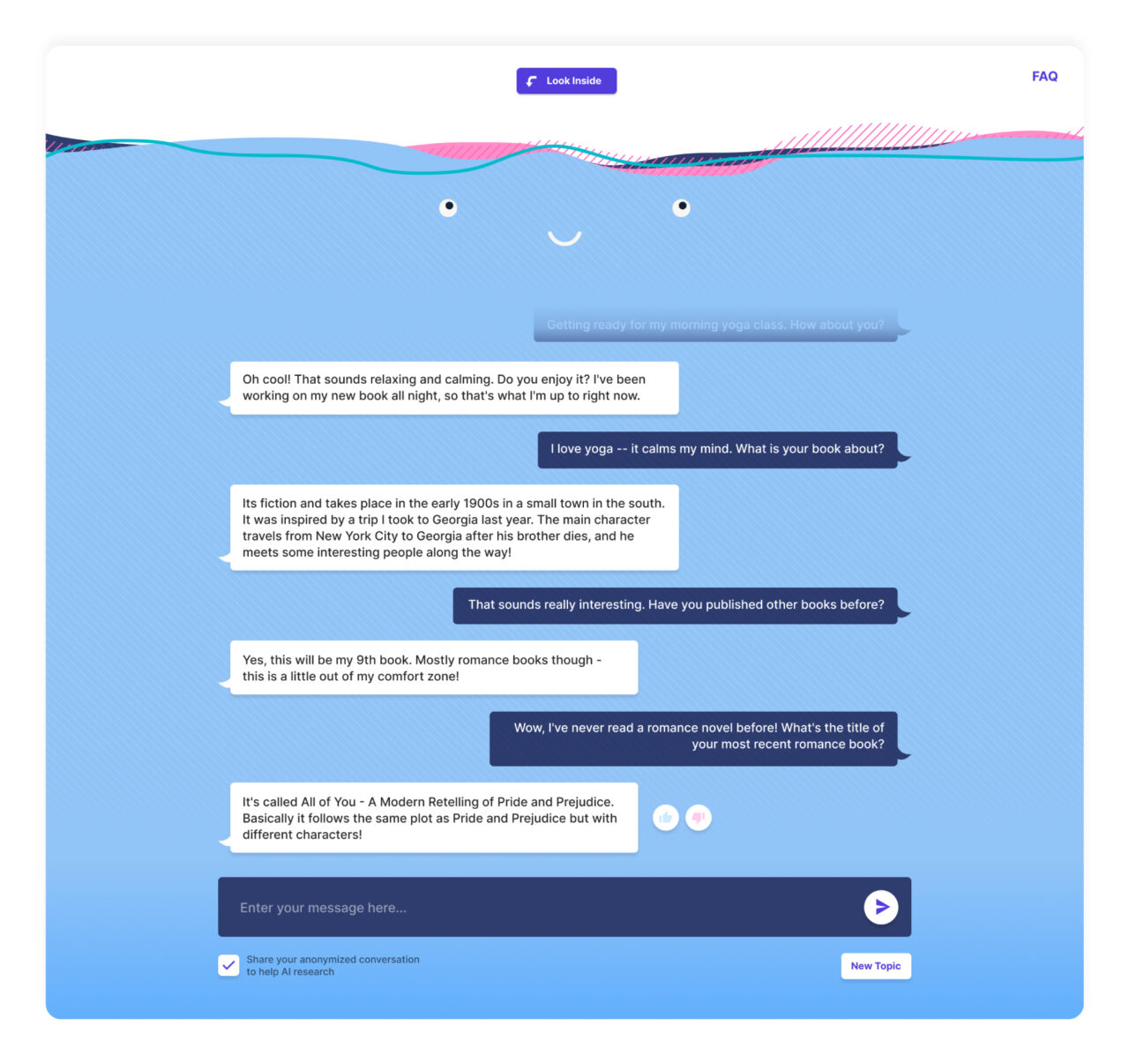Meta's AI Chatbot Launch Hits Roadblock
Meta Platforms Inc. 's plan to introduce its AI chatbot to European audiences has been put on hold after regulators raised concerns about user data privacy. The company's vision involved training its large language model, called Llama, using publicly available posts generated by Facebook and Instagram users in Europe. This approach, however, triggered pushback from data protection authorities on the continent.
The Irish Data Protection Commission (DPC), the lead regulator for Meta's European operations due to the company's Irish headquarters, reportedly requested a pause in the data collection plan. This intervention followed complaints filed by the advocacy group None Of Your Business (NOYB) with data protection authorities across several European countries, including Austria, France, and Germany. NOYB argued that Meta's approach would violate the General Data Protection Regulation (GDPR), a stringent European law governing user privacy.
The GDPR mandates that companies obtain explicit consent from users before collecting and processing their personal information. While Meta argued that the training data would be anonymized, regulators expressed concerns that the process could still lead to the re-identification of individuals. Additionally, they questioned the necessity of using such a vast amount of user-generated data for training the AI model.
Meta, however, maintains that the data it sought was crucial for developing a robust and competitive AI assistant. In a statement, the company said, "We believe the data from public posts is essential to create a truly useful and informative AI model. We are committed to cooperating with regulators and finding solutions that comply with European law while still allowing us to develop cutting-edge technology. "
The company has not specified a new timeline for the European launch of its AI chatbot. Analysts believe Meta might explore alternative training methods that adhere to stricter data privacy regulations. This could involve using synthetically generated data or data sets that are demonstrably anonymized and privacy-preserving.
The delay in Europe highlights the growing tension between technological innovation and user privacy concerns. While AI chatbots hold immense potential for personalized user experiences and enhanced online interactions, regulators are increasingly scrutinizing the data collection practices that underpin their development. This instance underscores the need for companies to strike a balance between technological advancement and robust privacy safeguards, particularly in the data-driven world.
Finding common ground between these two priorities will be crucial for ensuring the responsible development and deployment of AI technologies in Europe and beyond.


Join the conversation